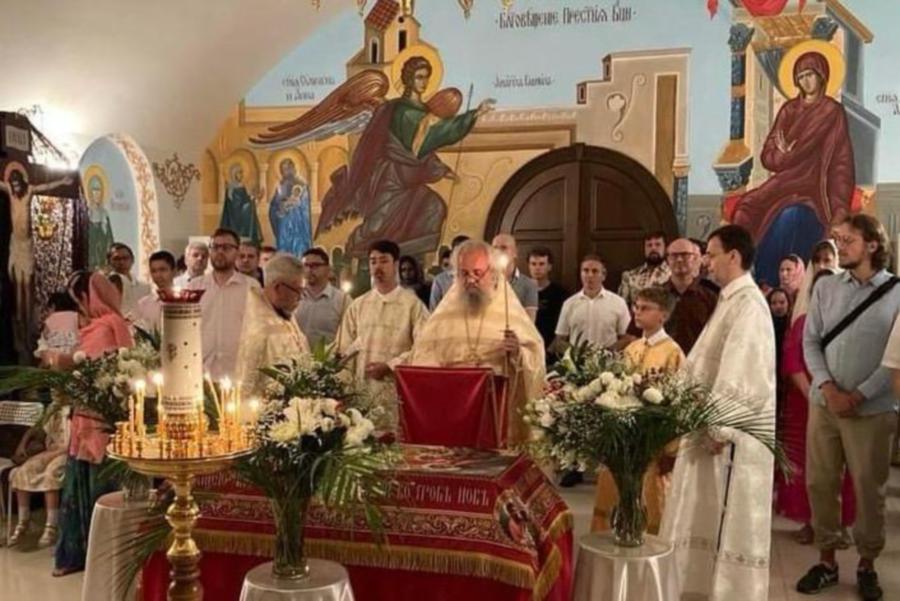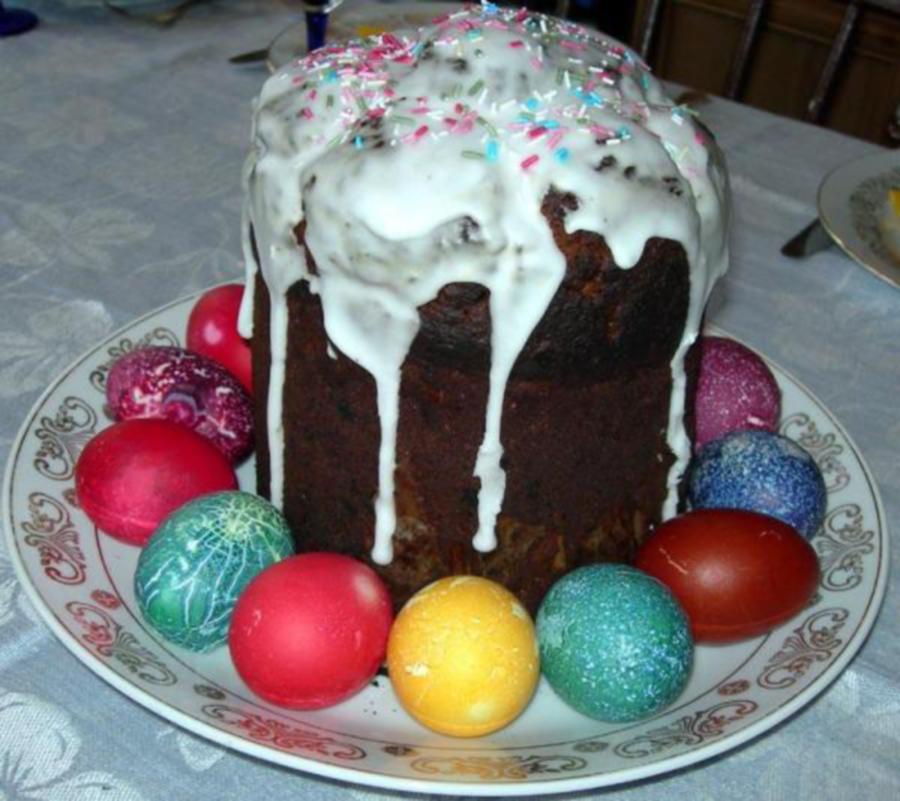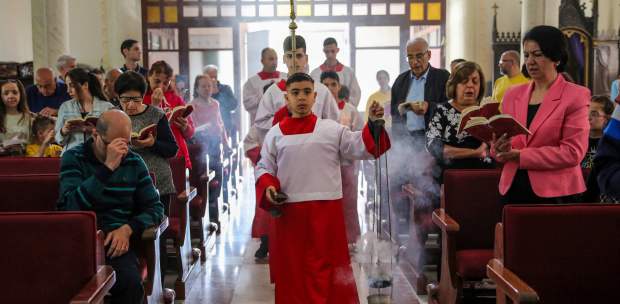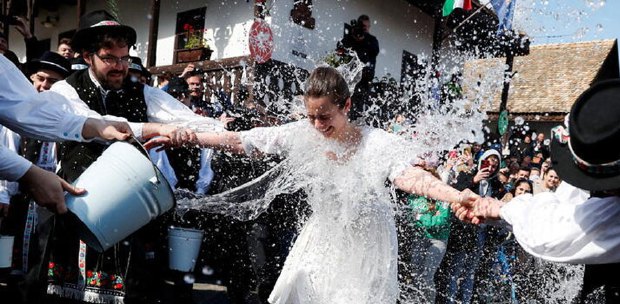On March 31st, I unexpectedly received Easter greetings from many of my Malaysian friends. It was unexpected for a Russian like me because we celebrate Orthodox Easter this year on May 5.
Since not everyone knows about this, I decided to write about the history of the holiday, and how Orthodox Easter differs from the Catholic one.
Easter or "Paskha" in Russian is one of the main church celebrations of the year. On Easter, Christians celebrate the resurrection of Jesus Christ, which symbolises God's victory over death.
This Christian holiday has its roots in the Old Testament (comprising books of the Bible telling about events before the birth of Jesus) and is associated with the liberation of Jews from Egyptian slavery.
God sent Moses and his brother Aaron to free the Jewish slaves in ancient Egypt, but the pharaoh refused Moses' request because he did not believe in God and was a practitioner of sorcery.
To prove His existence and power, God sent terrible suffering to the Egyptian people in the form of 10 plagues.
But pharaoh remained adamant until God decided to send the last plague — to kill all the firstborn in Egypt, from man to livestock.
And the Jews, in order to avoid the death of their firstborn, was told by Moses to paint the doorposts and lintels of their houses with the blood of a lamb slain as a sacrifice to God.
On that terrible day, the angel of death went around every house in Egypt and took the lives of all its firstborn, but passed over the Jewish homes, whose door posts were anointed with blood.
That day, which has since been commemorated by Jews to this day, is called "pesah" from the Hebrew word, which means "to pass over".
In the New Testament (the book that tells about the events after the birth of Jesus Christ), the essence of Easter is eternal life through faith in the resurrection of Jesus Christ, whose death symbolised atonement for the sins of all humanity.
The crucifixion of Jesus happened on the eve of the Jewish Paskha. Thus, the prophetic meaning was fulfilled: the Messiah, like a lamb, had saved the people from sin through the shedding of blood.
In Russia, Easter is usually celebrated later than the West. This is due to the fact that the dates of Easter for Catholics and Orthodox Christians are determined by different calendars.
The Russian Orthodox Church uses the old Julian calendar, whereas the Catholic and Protestant churches use the Gregorian calendar. Catholic and Orthodox Easter differ not only in date, but also in rituals.
The first difference is Lent. Among the Orthodox, it is considered one of the strictest and longest fasts. For 48 days, believers pray and abstain from meat and entertainment (this year from March 18 to May 4).
Catholics fast for 46 days (this year from Feb 14 to March 30) with only three days being strict fasting: Ash Wednesday (the beginning of Lent), Good Friday and Holy Saturday.
On other days, they can eat dairy products, fish and eggs. During the period of fasting, adherents of Catholicism can go dancing, singing and engaging in their favourite hobbies.
Another difference is the decoration of the festive table. For the Orthodox, this is a sweet cake covered in white glaze known as "kulich" and coloured chicken eggs. Catholics associate the holiday more with chocolate eggs and the Easter bunny — a symbol of fertility and rebirth.
Also, instead of the usual "clinking of eggs" among Orthodox Christians, in the West, they play "search for eggs" — parents hide plastic eggs with sweets and children look for them and collect them in a basket.
Catholics also turn to each other with the traditional greeting: "Christ is risen!" and in response, they hear: "Truly he is risen!" However, it is not customary for them to kiss three times on the cheek and hug each other like the Orthodox Christians.
*Pogadaev, writing from Moscow, is a former lecturer of Universiti Malaya






